-

The Moment of Truth in ‘Twelve Angry Men’
•
It’s hard to imagine more drama coming out of a small room with 12 impatient, imperfect men than the 1957 directorial debut of Sidney Lumet. Twelve Angry Men depicts jury deliberations in a capital murder case in New York City in the 1950s. Based on a play, the movie violates all kinds of storytelling…
-

Broken and Whole
•
All my problems are meaningless, But that don’t make them go away. – Neil Young, “On the Beach” There is a crack in everything. That’s how the light gets in. – Leonard Cohen, “Anthem” Every story is about being broken and trying to become whole. All of us, even the happy ones among us,…
-
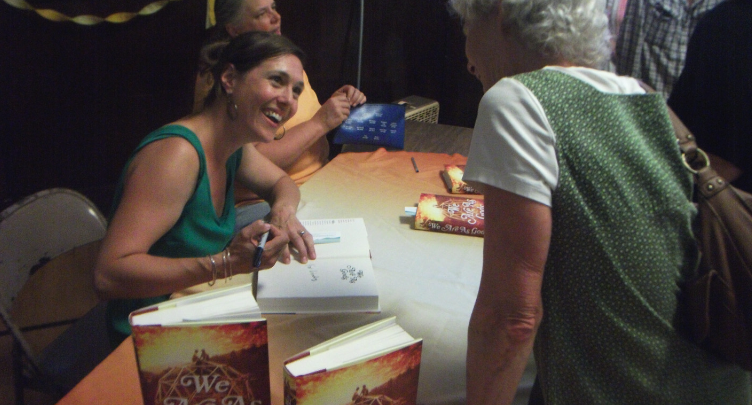
Kate Daloz on the Process of Researching and Writing
•
This is the second part of a two-part interview with Kate Daloz, a writing teacher at Columbia University and the author of We Are As Gods. You can find Part 1 here. Tell me about your writing process? When do you write—and what’s your process? The key part is just carving out time and…
-

Kate Daloz on Exploring a Bygone Era and Research as Me-Search
•
This is the first part of a two-part interview with Kate Daloz, a writing teacher at Columbia University and the author of We Are As Gods. You can find Part 2 here. Kate Daloz is the prototypical child of hippies—even if her parents abjure the term. She grew up in Vermont’s Northeast Kingdom when her…
-

Naming Right: A Chance to Fix a Mistake by the Lake
•
Cleveland’s major league baseball team, known for decades as the Indians, struck out by taking the name the Guardians. It’s hard to think of a blander moniker, especially for a gritty city like Cleveland with such a great baseball tradition. Seriously, the name was inspired by a statue on a bridge that no one…
-

Will Storr on Storytelling, Writing, and the Brain
•
Will Storr is England’s Malcolm Gladwell–a polymath who uses stories to explore complex and compelling ideas. His books include The Heretics, Selfie, Will Storr vs. The Supernatural, and the Science of Storytelling. His latest, The Status Game, will be released in September. His is also author of a novel called The Hunger and The…
-
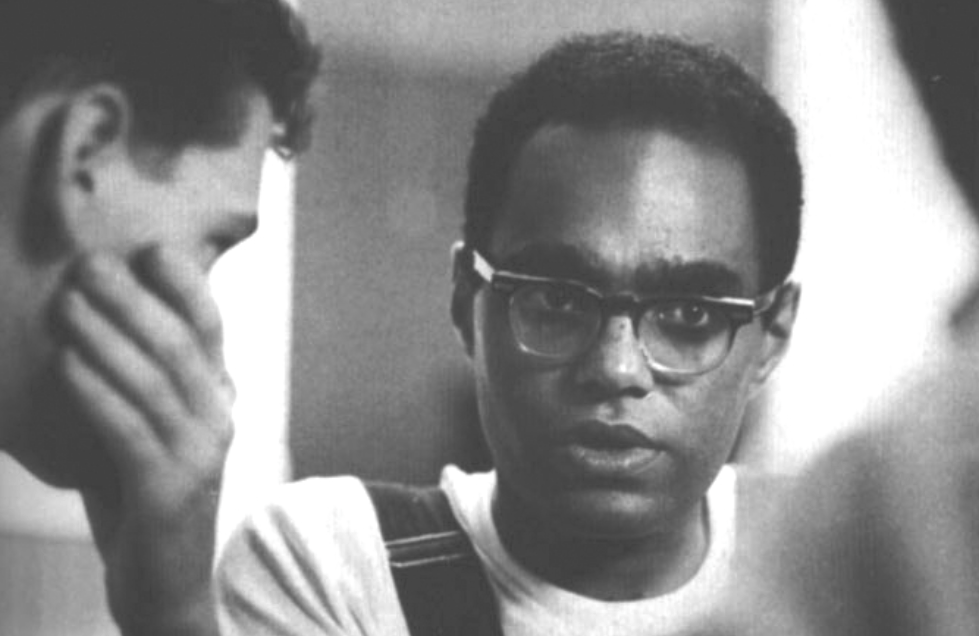
The Quietest Hero: Remembering Bob Moses
•
The first time I met Bob Moses, I was sitting in a lecture hall with a group of more than 100 puzzled students at Holy Cross College. The college invited Moses to speak to the First-Year Program. In that program, students in a wide range of classes–philosophy, history, theater, math, physics, the languages–grappled with…
-
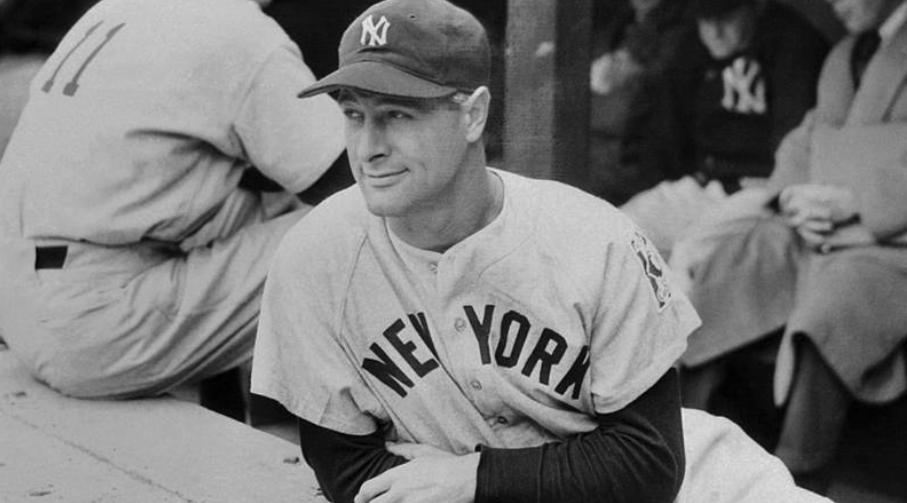
The Dangerous Stoicism of Lou Gehrig
•
On June 2, 1925, a 21-year-old rookie named Lou Gehrig played first base for the New York Yankees against the Washington Senators. He replaced Wally Pipp, a star player who was struggling with a .244 batting average. Gehrig was hitting only .167 in limited duty, but the Yankees were just a game out of…
-

How Donald Trump’s Rhetoric Jazzes His Base … And Splits the Nation
•
Growing up in Detroit and northern California, Jennifer Mercieca used to watch the TV news with her father. Her dad, an autoworker, was an immigrant from Malta, about 60 miles from Sicily, which, she notes, is “the birthplace of rhetoric.” Over time, as she explored journalism and public affairs, she developed an interest in…
-

Tommy Tomlinson on the Craft of Writing
•
This is the second part of a two-part interview with the longtime columnist, author, and podcaster Tommy Tomlinson. You can find Part 1 here. You’ve devoted your whole life to being a writer. It shapes everything you do. How and why did you become a writer? Who were your greatest influences? I come from…
-
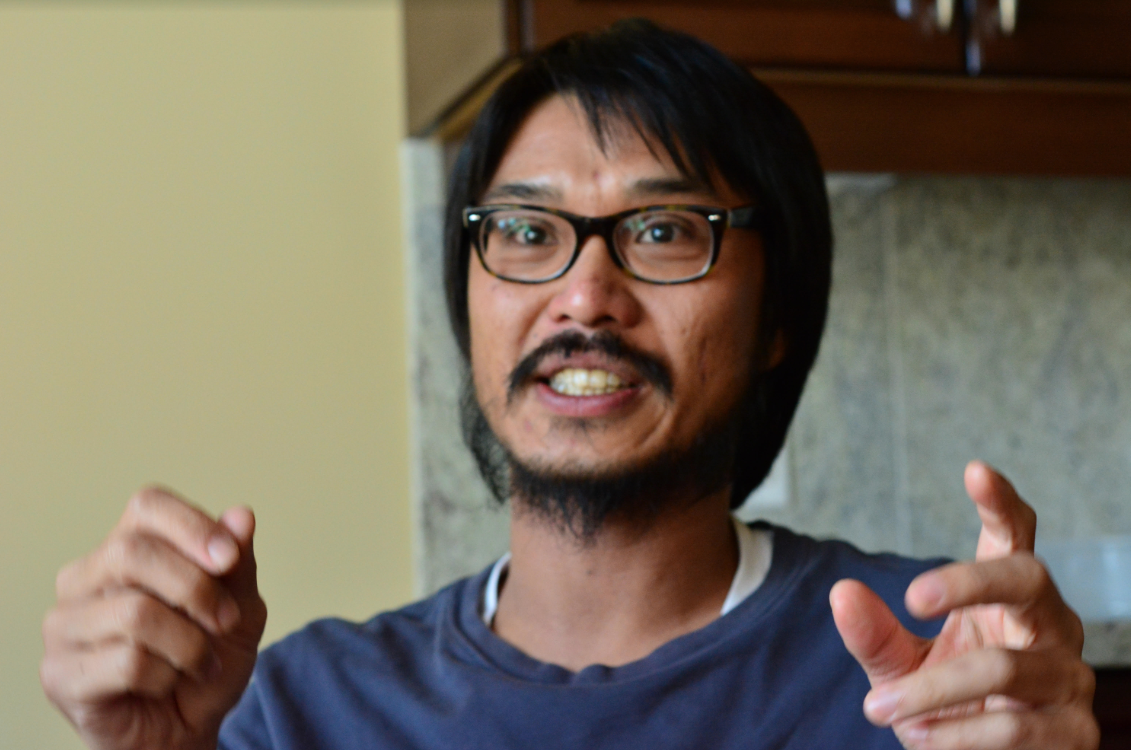
Edwin Wong on Risk and Tragedy: The Literary Power of High-Stakes Gambles, One-in-a-Million Chances, and Extreme Losses
•
Edwin Wong might be the most unusual literary critic and theater mogul you ever know. And he might be one of the most creative, too. His new book, The Risk Theatre Model of Tragedy, offers an update on (arguably) the most important form of literature. According to Wong, tragedy poses the same kinds of…
-
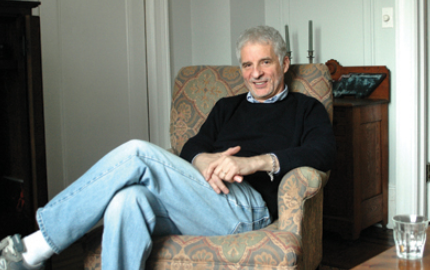
Daniel Menaker on Tragedy, Checking Facts, Writing, and the State of Publishing
•
Daniel Menaker likes stories that go “spooling off” in different directions, in unpredictable but necessary ways. His own life—as a red diaper baby, high school teacher, fact checker, editor, and writer—has had its own way of spooling off in different directions, sometimes tragically and sometimes humorously. Menaker’s first story treated, fictionally, the death of…
-

Seven Essential Skills for Storytelling
•
People are storytelling creatures. We evolved to tell stories. From 30,000 to 100,000 years ago, out great ancestors began telling stories. It happened around the time that the size of clans expanded and those clans began to wander longer distances and then come home again. Sitting by fires or in caves, by streams or…
-
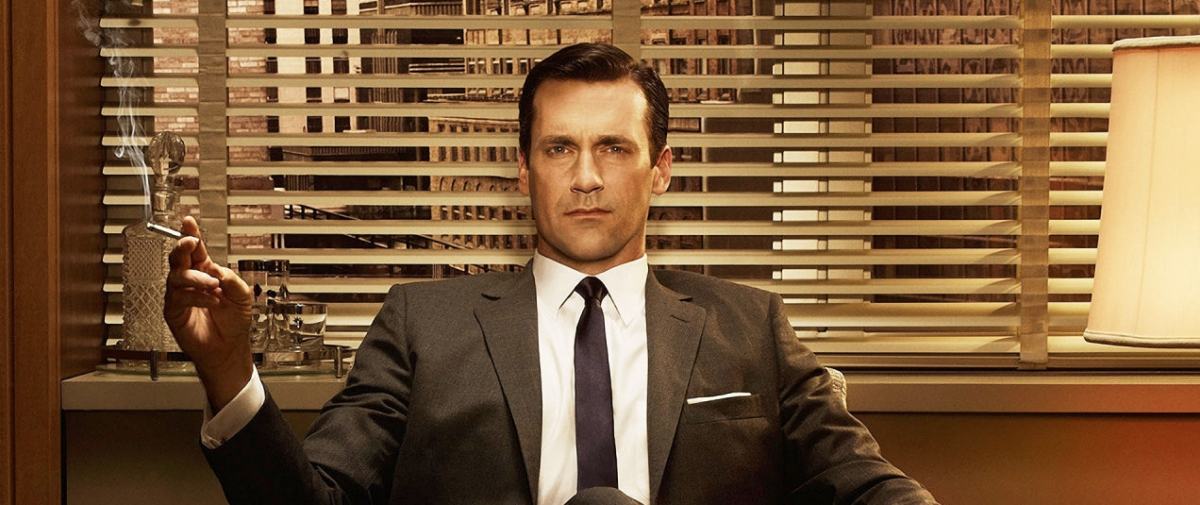
The Arc: How ‘Mad Men’ Tracked the Emotions of Life in Its Campaigns
•
Mad Men is not only one of the greatest TV shows of all time. It’s also a guide to the techniques of persuasion. Here are a half-dozen of those techniques, arranged by the arc of life. The Innocence of Babies: ‘You’ve Got the Cutest Little Baby Face’ In her new job at Cutler, Gleason,…
-
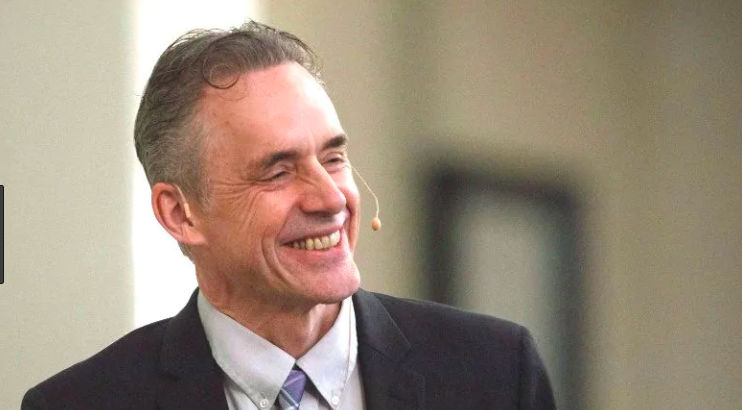
The Two Yous
•
Jordan Peterson is a modern Mark Twain or Charles Dickens. You might think of him as the bestselling author of The 12 Rules for Life or as the controversial opponent of speech-control laws in Canada or as the YouTube sensation who has challenged us all to buck up and take responsibility for what we…
-
The Story of Bill Nack’s Classic Farewell to Secretariat
•
I wrote this brief tribute after Bill Nack died in 2018. When I think of Bill Nack, I want to call him one of the great sportswriters of our time. But he was really one of the great writers, in any field, of our time. The reason is threefold. First of all, he was…
-
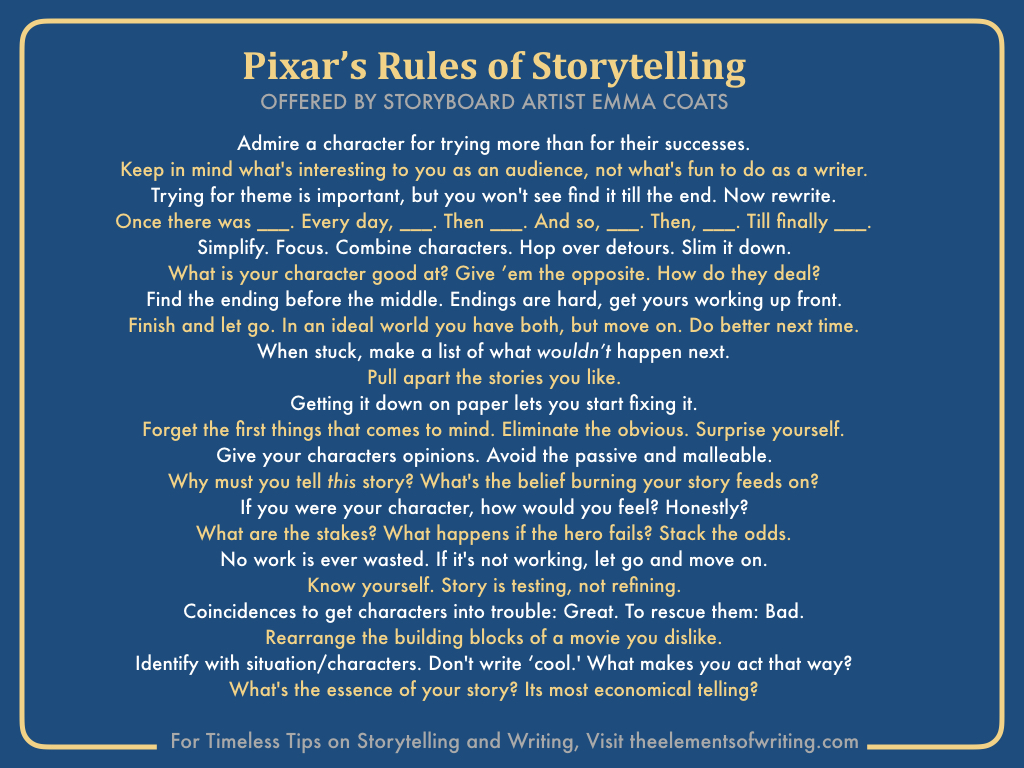
That Pixar Storytelling List
•
So how does Pixar find its pixie dust? Magic? Inspiration? The Law of Attraction? Um, nope. It’s hard, grinding work, with the insistence on getting all the big things — and all the little things — right. The process can hurt some precious feelings along the way. But it works. The storyboard artist Emma…
-
Laura Zigman on Make-Believe and True Stories, Writing Routines, Story Structures, and Adaptation
•
Laura Zigman paid her dues before hitting the literary jackpot. Early in her career, she was a publicist for a number of major presses, including Times Books, Vintage Books, and Alfred A. Knopf. As she did her day job, she labored on her first novel, Animal Husbandry (1998), a comedy of errors about the mating…
-
Avery Chenoweth on Telling Stories for Business
•
This is the second part of a two-part interview with Avery Chenoweth, a writer and Spanish language translator based in Charlottesville, Virginia. You can see Part 1 here. In recent years you have used your storytelling chops to develop a business. HeresMyStory.com engages students and others who use historic sites, but getting them to…
-
Howard Bryant on Tricks of the Trade
•
This is the second part of a two-part interview with Howard Bryant, the journalist and author of books about racism and the Boston Red Sox, the steroids crisis, and activism in sports and biographies of Henry Aaron and Rickey Henderson. You can read the first part here. CE: What essential skills did you learn…
